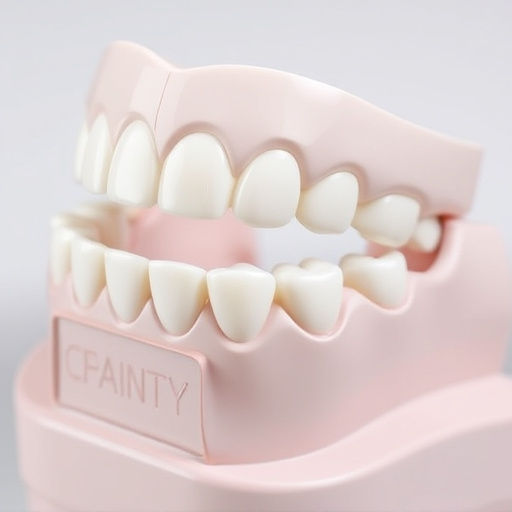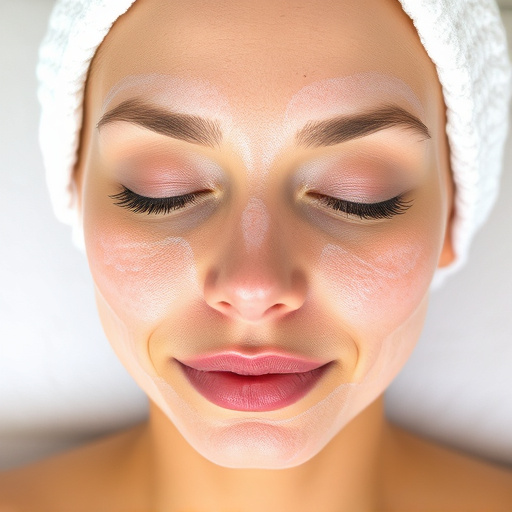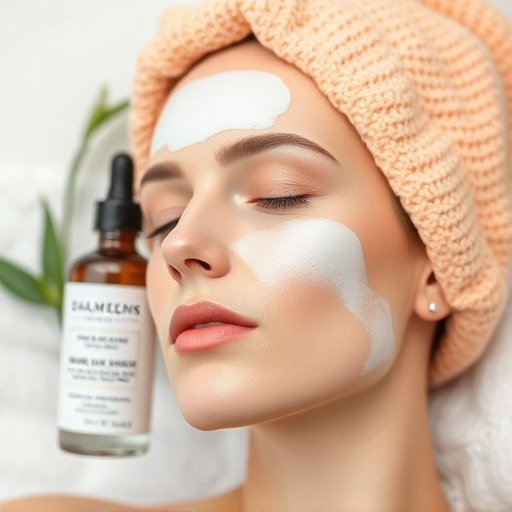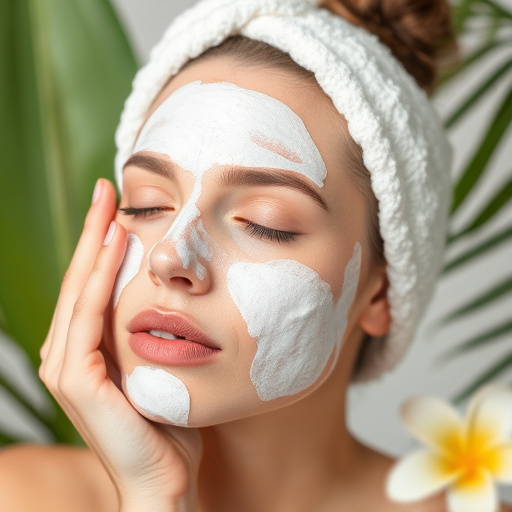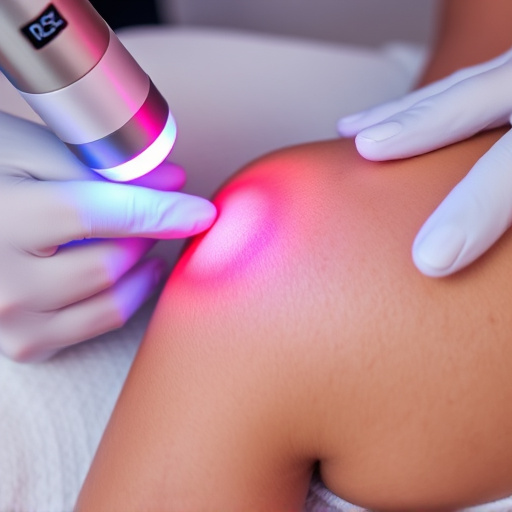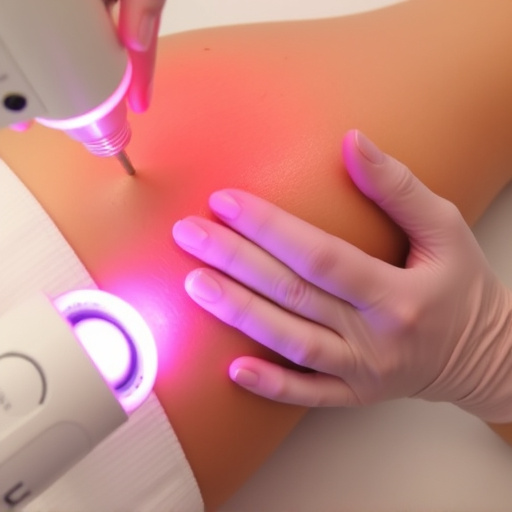Acne scars, caused by inflammation & clogged pores, manifest as atrophic (tissue loss) or hyperpigmented scars. Treatment options range from topical creams for mild cases, to professional non-surgical procedures like microdermabrasion and laser therapy, to surgical interventions for severe cases. Aftercare, focusing on hydration, sun protection, and prevention, is crucial for achieving long-lasting results and minimizing scarring.
Acne scars can leave behind lasting marks on your skin, but various effective treatments exist to smooth uneven surfaces. Understanding the causes and types of these scars is crucial in choosing the right approach. This article explores a range of treatment options, from topical creams and over-the-counter solutions to professional procedures like laser therapy and dermabrasion. Additionally, we’ll delve into aftercare and maintenance tips for achieving long-lasting results, empowering you to reclaim your clear, even complexion.
- Understanding Acne Scars: Causes and Types
- Exploring Treatment Options: From Topical Creams to Professional Procedures
- Aftercare and Maintenance: Achieving Long-Lasting Results
Understanding Acne Scars: Causes and Types
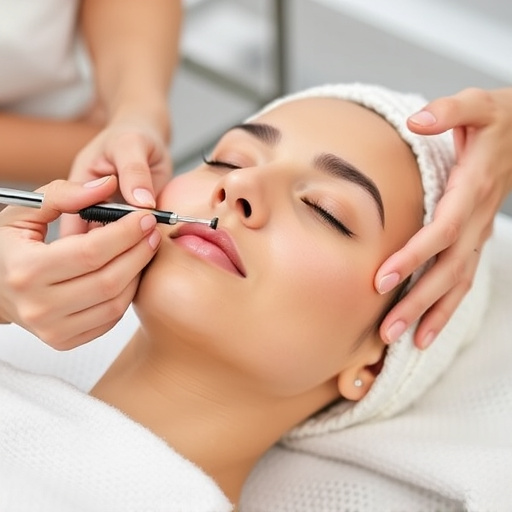
Acne scars can take various forms, each with its own unique characteristics and causes. They are essentially marks left on the skin after a pimple or acne-prone area has healed. The most common types include atrophic scars, which result from the loss of skin tissue, and hyperpigmented scars, where excessive melanin production leaves dark spots. These scars can be categorized further based on their depth and width, influencing the choice of treatment.
The development of acne scars is closely tied to several factors. One primary cause is inflammation, where overactive oil glands and trapped skin cells lead to clogged pores. This can result in pimples or cysts that, if left untreated or improperly managed, may leave behind scarring. Additionally, certain skin conditions like eczema or psoriasis can contribute to the formation of acne scars. Understanding these causes is crucial when considering effective acne scar treatment options, such as customized facials for targeted care, pore refinement techniques to minimize the appearance of pores, and skin tightening procedures for a more even surface texture.
Exploring Treatment Options: From Topical Creams to Professional Procedures
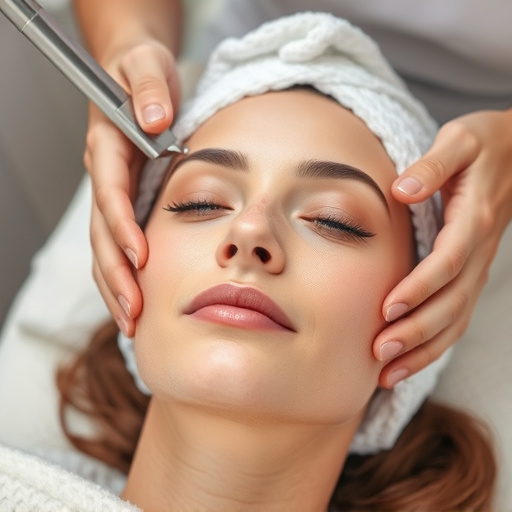
Acne scar treatment options are diverse, catering to various skin types and severity levels. For mild cases, topical creams containing ingredients like retinol, vitamin C, or glycolic acid can help improve skin texture and reduce the appearance of scars over time. These at-home treatments offer a gentle yet effective approach to smoothing uneven skin surfaces.
More persistent scars may require professional intervention. Non-surgical treatments such as microdermabrasion, chemical peels, and laser therapy are popular choices. These procedures aim to stimulate collagen production and gently reshape the surface layer of the skin, resulting in a more even texture. For deeper scars or extensive damage, surgical options or body contouring techniques might be considered, although these are typically employed for more severe cases. Effective acne scar treatment involves careful selection based on individual needs, ensuring optimal results with minimal downtime.
Aftercare and Maintenance: Achieving Long-Lasting Results
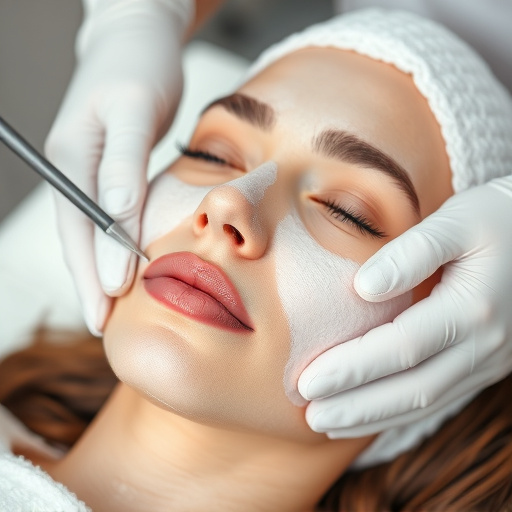
After undergoing an acne scar treatment, proper aftercare is essential to achieve long-lasting results and maintain smoother, even skin. This includes avoiding strenuous activities and direct sunlight for a period recommended by your dermatologist. Using gentle, hydrating skincare products suitable for sensitive skin can help reduce irritation and promote healing. Additionally, regular cleansing and exfoliation (as advised by your specialist) aid in unclogging pores, preventing new acne formation, and enhancing the overall effectiveness of the treatment.
For continued pore refinement and skin rejuvenation, incorporating maintenance routines into your regimen is vital. This may include occasional sessions of microneedling therapy to stimulate collagen production and enhance product absorption. Consistent use of high-quality skincare products focused on hydration, sun protection, and acne prevention will contribute to maintaining smoother skin and minimizing the visibility of scars over time.
Acne scars can significantly impact one’s confidence, but understanding their causes and exploring diverse treatment options, from topical creams to professional procedures, offers hope for achieving smooth, even skin surfaces. Aftercare and maintenance are crucial for long-lasting results, ensuring that your skin continues to heal and improves over time. With the right approach, it’s possible to restore your skin’s natural radiance and boost your self-esteem. Remember, consistent care and a knowledgeable skincare routine are key to achieving clear, flawless skin.






